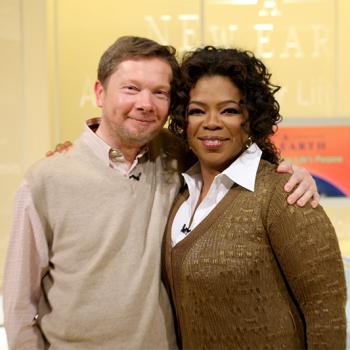You made several arguments in your article. What, would you say, is your most essential concern? The Mormon doctrine of continuing revelation, the Mormon view of history, or the concern that electing a Mormon would help LDS evangelistic efforts around the world?
As an evangelical Christian, all of these ideas matter to me. And should. These are not peripheral questions. The Mormon doctrine of continuing revelation—accepting as it does The Book of Mormon and other documents as divine revelation—is a dagger to the heart of the historical Christian understanding of Scripture and revelation.
Without going too deeply or specifically into the doctrinal questions (though I will if you want to ask more questions), let me just say in general that continuing revelation or the Mormon view of history (specifically, that Jesus came to America and that Native Americans are descended from a lost tribe of Israel) are just two of scores of beliefs and practices (baptism of the dead, a denial of Original Sin, celestial marriage, the list goes on) that either deny essential Christian doctrines or affirm as essential doctrines what the Christian church has declared through the ages to be false. Any Christian who cares about the purity and peace of the Church—and that should be every Christian—should care about these matters.
I said previously and would reiterate here that the election of a Mormon president would be a tremendous step toward normalizing Mormon beliefs. It would be a tremendous shot in the arm for Mormon evangelism around the world. As an evangelical Christian who believes that Mormonism is a false religion, I think it only makes sense that I would not want to be a part of any effort—either intentional or not—that would spread a false religion.
Other evangelical leaders, like Jim Daly of Focus on the Family, have said that we do not ask an airplane pilot what his religion is, we just want to know whether he can land the plane. Should we focus on things like leadership, political experience, economic prowess, and the like, rather than theology and religious beliefs?
Actually, we do ask airplane pilots what their religion is, at least indirectly. I have a theologian friend who is fond of saying, "There are no postmodern airplane pilots." By that he means that pilots are not just people who have learned what levers to push and what knobs to twist, but they are people who have a core set of beliefs and values about how the universe operates. They understand and believe in the physical laws of the universe. The behavior of an airplane pilot is not random. His behavior in the cockpit directly connects to his beliefs about the world.
But even if you reject that argument, I would further argue that successfully navigating the office of the president is not a job for a technician or tradesman, someone who has trained his muscles to push levers and twist knobs. Indeed, our government has gotten so large and complex, he couldn't possibly even know where every lever or knob is. Theodore Roosevelt rightly said that the presidency was a "bully pulpit." The president provides moral leadership. George H.W. Bush was, from a technical point of view, probably the best-prepared president of the twentieth century. He had served at every level from congressman to vice president. But he was widely lampooned—and banished from office after one term—because he couldn't master "the vision thing." The president projects an image of America to the world. We have a right to expect that the man or woman who fills that chair projects a vision consistent with the beliefs, values, and ideals we've long held as a country. If Romney can make his case to the American people that he shares these values, then he will deserve to win and he likely will win. But that will take some very heavy lifting.
Finally, I can't help observing that the very nature of this question highlights the trouble we have in talking about these questions in the twenty-first century. There is a false dichotomy in our era between the sacred and the secular. To suggest that religious belief might be either a product or predictor of behavior, especially that false beliefs might lead to dangerous or destructive behavior, is simply outside the modernists' narrow, essentially materialistic cosmology.
Tim Rutten in the Los Angeles Times and Michael Otterson in the Washington Post have accused you of imposing a de facto "religious test." You wrote that Mitt or anyone who promotes a false and dangerous religion is "unfit to serve." Do you mean that Mitt and others like him should have no right to run, or that there should be a law against such a person running? Or do you simply mean that Christians ought not to vote for him?





